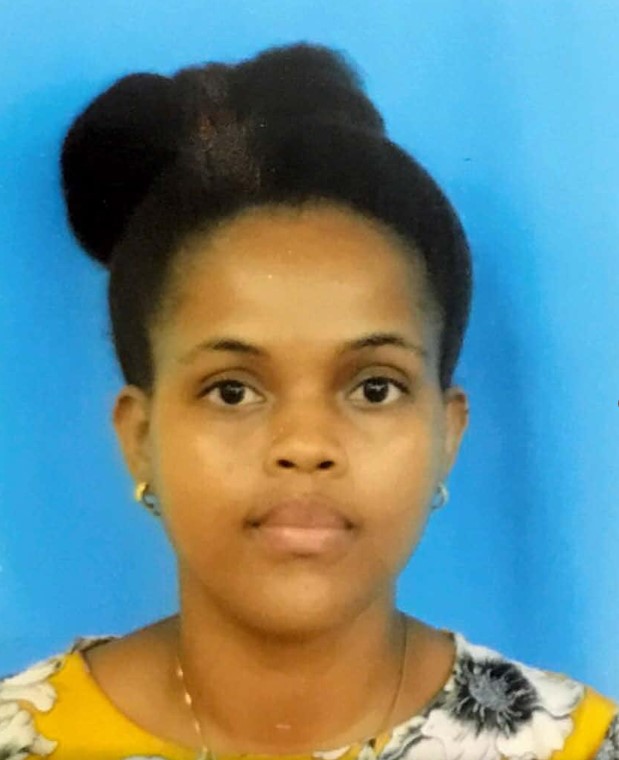
Project Title
A randomised trial to assess retention rates using mobile phones versus contact tracing, andto characterize trends in HIV-1 prevalence and incidence in a potential HIV vaccine efficacy population of fishing communities around Lake Victoria, Uganda
EDCTP Project
TA.2011.40200.035
EDCTP Program
EDCTP1
EDCTP Project Call
Senior Fellowship (SF)
Project Objectives
Primary Objective: 1. To determine whether retention in the study will be significantly different among persons followed up using mobile telephones (calls and text messages) compared to physical contact tracing. Secondary Objectives: 1. To characterize trends in HIV-1 incidence and prevalence among HIV risk individuals in fishing communities around Lake Victoria 2. To determine the level and determinants of willingness to participate in HIV vaccine efficacy studies among HIV-1 risk individuals in fishing communities around Lake Victoria 3. To build clinical trials-specific statistical and data management capacity to provide support and skills to clinical trial investigators, faculty and students.
Study Design
Randomised Controlled Trial
Project Summary
The aim of the project is to perform an assessment of the suitability of HIV risk individuals in fishing communities around Lake Victoria for HIV vaccine efficacy trials through characterization of recruitment, retention, willingness to participate (WTP), and trends in HIV prevalence and incidence, and to build statistical and data management capacity for clinical trials research. The research questions are: (1) does mobile phone reminder yield significantly higher retention rate than physical contact tracing among HIV high risk persons in fishing communities in Uganda?; (2) what are the trends in HIV-1 incidence and prevalence among HIV risk individuals in fishing communities around Lake Victoria?; (3) what is the level of determinants of willingness to participate in HIV vaccine efficacy studies among HIV-1 risk individuals in fishing communities around Lake Victoria
Host Organisation
| Department | Institution | Country |
|---|---|---|
| Medical Research Council Programme on AIDS - Uganda Virus Research Institute (MRC/UVRI) | Uganda |


